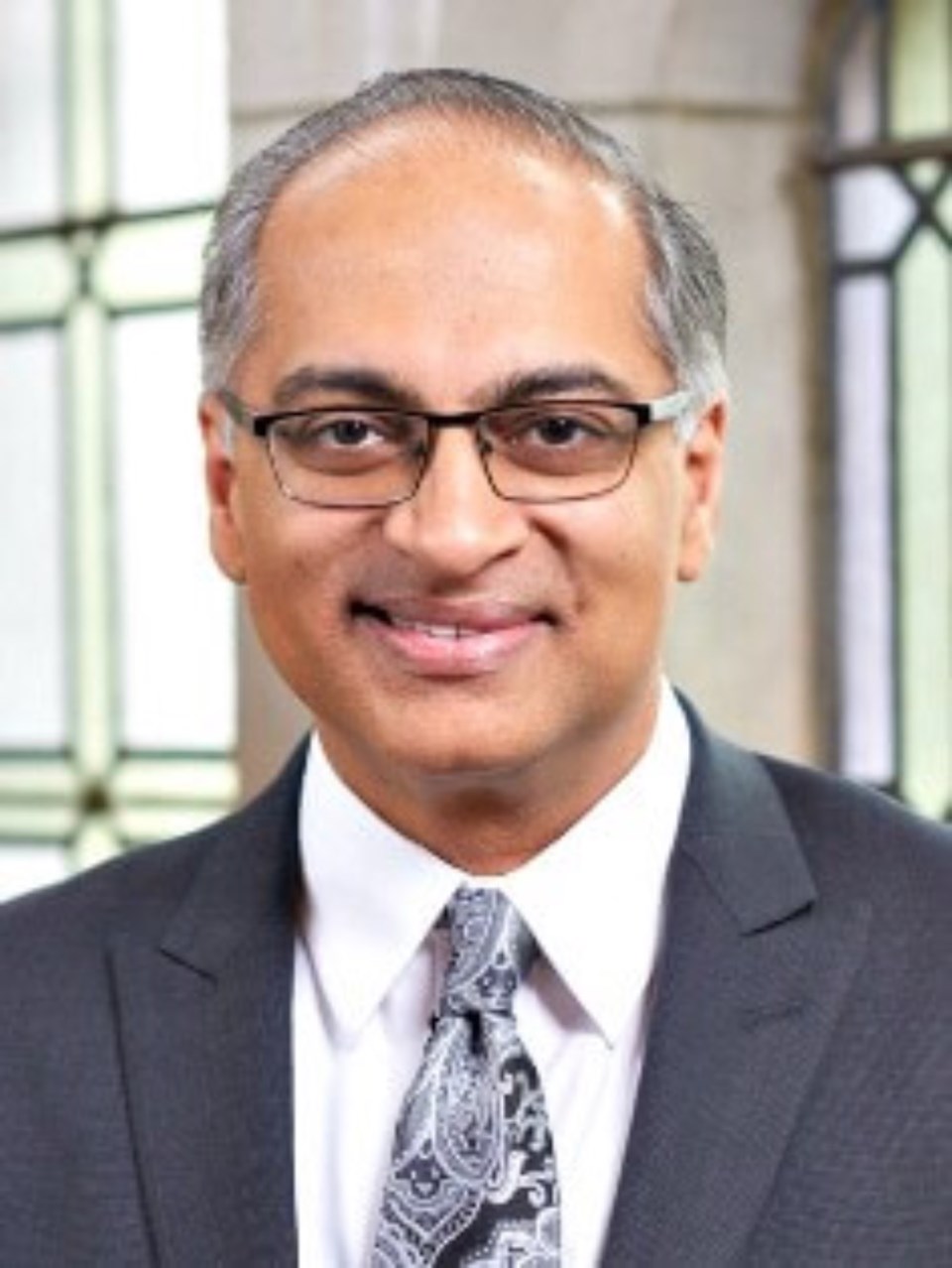Suppose what we do defines us more than what we say we believe? Both in Canada and in the US, the share of the population that is rising most rapidly are “the Nones,” those who check “None of the Above” on the religious affiliation question. Nones are not without religious convictions or practices. They might still engage in meditation, yoga, prayer, or other practices derived from more than one religious tradition.
Let’s suppose that some of the Nones really mean what they say; they neither claim religious affiliation nor engage in any religious practice - not even an occasional trip to the yoga studio. Does that mean that their lives are empty of practice altogether?
Obviously not. Every minute of every day, we engage in some practice of the other. Practices of personal hygiene, practices of eating, working, news watching, and, perhaps the practices to which we are least attentive, practices around money - spending and buying, saving or not saving.
There is also the distinction between practices we choose and practices that are imposed on us, practices we passively absorb. Think, for example, of the ways in which we consume advertising or find ourselves losing hours on social media. In these cases, we are not in control. We may say that we are consumers of social media but, it seems truer to say that we are consumed by social media. How many times a day do you find yourselves holding your smartphone in your hand but have no conscious knowledge of having decided to do so? Far too often, my hand acts of its own accord without securing permission from my brain.
According to Statscan 2020, 43.4% of Canadians report that they check their smartphones at least every 30 minutes. That number is sure to be a colossal understatement. A 2023 Fortune article reports that Americans check their smartphones 144 times a day! That same article reports, “we’re also spending an average of four hours and 25 minutes each day on our phones, up 30% from last year.” Would most of us admit that we choose to spend this much time on our phones? Far from it. The most powerful practices that define our lives are driven by dopamine hits not deliberate choice.
I am beginning to think that when persons report that they have no religious affiliation, what they are really fessing up to is that their effective religion is capitalism. I’m not pointing fingers; I’d be the first to plead guilty. I count myself a Christian but it would be truer to acknowledge that I am a Christian capitalist.
Market practices like buying, selling, and consuming what those who control our phones want us to consume - these practices shape our lives more exhaustively than any formal religious or spiritual practice possibly could. How can a church service that lasts an hour and a half - with a twelve-minute sermon - hope to compete with four and a half hours of what we consume online?
What we do shapes what we desire. What we desire determines who we become. If we are no longer in control of what we practice, we no longer determine who we are becoming. We have been hacked by addiction experts, video game and social media designers, and advertising algorithms that can hook us with the thrill of buying and consuming.
I wonder how many of us could honestly check “None of the Above” if we added another category for religious affiliation to our census forms in addition to Christianity and Buddhism, namely “Capitalism.” Perhaps it is high time to rethink our ideas about what a “religion” even is.
John J. Thatamanil is Professor of Theology and World Religions at Union Theological Seminary in the City of New York. He is also a Priest and Diocesan Theologian of the Diocese of Islands & Inlets (Anglican Diocese of British Columbia). He is, most recently, the author of Circling the Elephant: A Comparative Theology of Religious Diversity. He splits his time between living with his wife and son here in Victoria and living with his daughter in Manhattan. His research centers on how Christians can learn from the practices and insights of other religious traditions.
You can read more articles on our interfaith blog, Spiritually Speaking, at https://www.timescolonist.com/blogs/spiritually-speaking
* This article was published in the print edition of the Times Colonist on Saturday February 17th 2024



